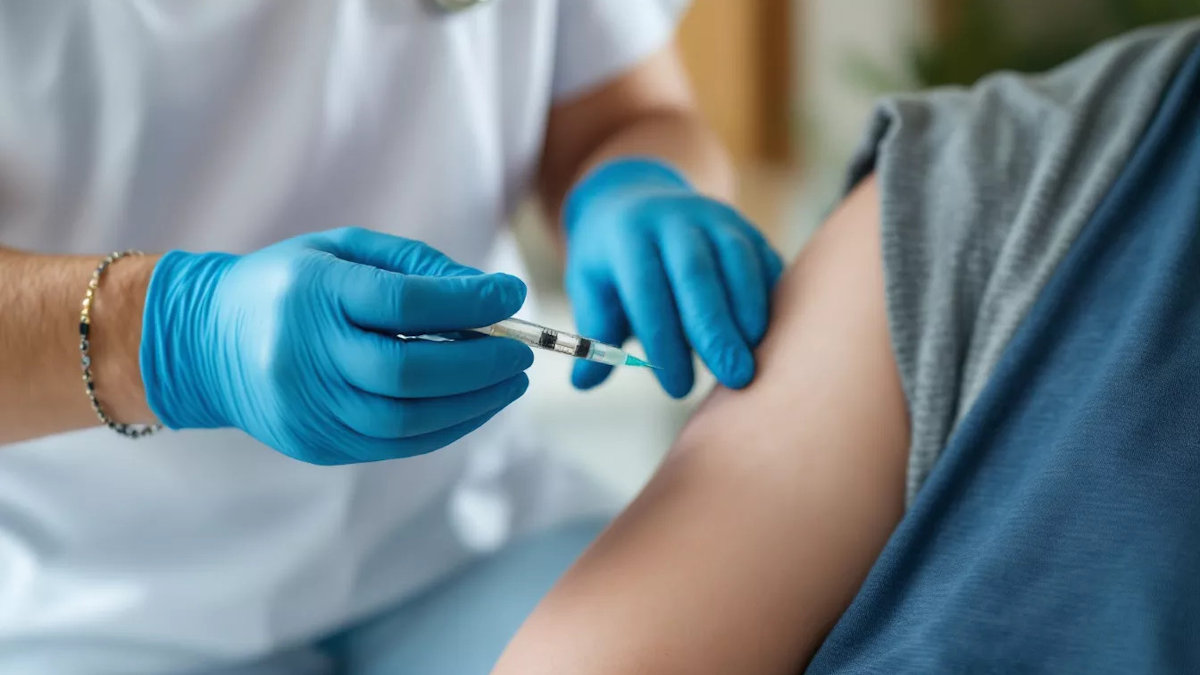Eli Lilly and Company has announced positive results from a phase 2 trial evaluating the safety and efficacy of eloralintide, an investigational once-weekly, selective amylin receptor agonist, in 263 adults with obesity or overweight with at least one obesity-related comorbidity and without type 2 diabetes.
At 48 weeks, all treatment arms of eloralintide met the primary endpoint, demonstrating superior mean weight reductions from 9.5% to 20.1% compared to 0.4% with placebo using the efficacy estimand. Results from the trial were presented at ObesityWeek 2025 and published in The Lancet.
“Obesity is a complex condition, and no single treatment works for everyone. To truly address each patient’s needs, we need therapies with different mechanisms of action so that each person can receive the treatment that offers the best balance of effectiveness and tolerability for them,” said Liana K. Billings, director of clinical and genetics research in diabetes and cardiometabolic disease at Endeavor Health, Skokie, Illinois, and lead author.
“These phase 2 data suggest eloralintide could offer a promising tolerability profile without compromising on efficacy, underscoring the potential of amylin receptor agonists to expand our therapeutic strategies and better serve individuals living with obesity.”
In the trial, all doses of eloralintide delivered clinically meaningful improvements compared to placebo for the secondary endpoints of reductions in body weight and body mass index. Treatment with eloralintide was also associated with improvements across cardiometabolic risk factors including waist circumference, blood pressure, lipid profiles, glycemic control and markers of inflammation.
The most common adverse events were mild to moderate gastrointestinal symptoms and fatigue, which were seen more frequently in the higher dose arms. The incidence of these adverse events were lower with slower dose escalation and were similar to placebo for the 1 mg and 3 mg arms.
“Lilly is advancing the most comprehensive pipeline of obesity medicines, with a commitment to deliver innovative treatments that reflect the diverse needs and preferences of people living with obesity. We believe that molecule specificity is important in this class,” said Kenneth Custer, executive vice president and president of Lilly Cardiometabolic Health.
“These data show that eloralintide, a selective amylin receptor agonist, offers the potential for strong efficacy with improved tolerability and could serve as an alternative to incretin therapies. We also are optimistic that it could be a complementary option for patients that need higher levels of efficacy. Based on the encouraging results from phase 2 trials of eloralintide, we plan to begin phase 3 enrolment by year-end.”
Lilly plans to initiate phase 3 clinical studies of eloralintide as a monotherapy for the treatment of obesity by the end of this year and is evaluating its use as a complementary treatment to incretin therapy.


